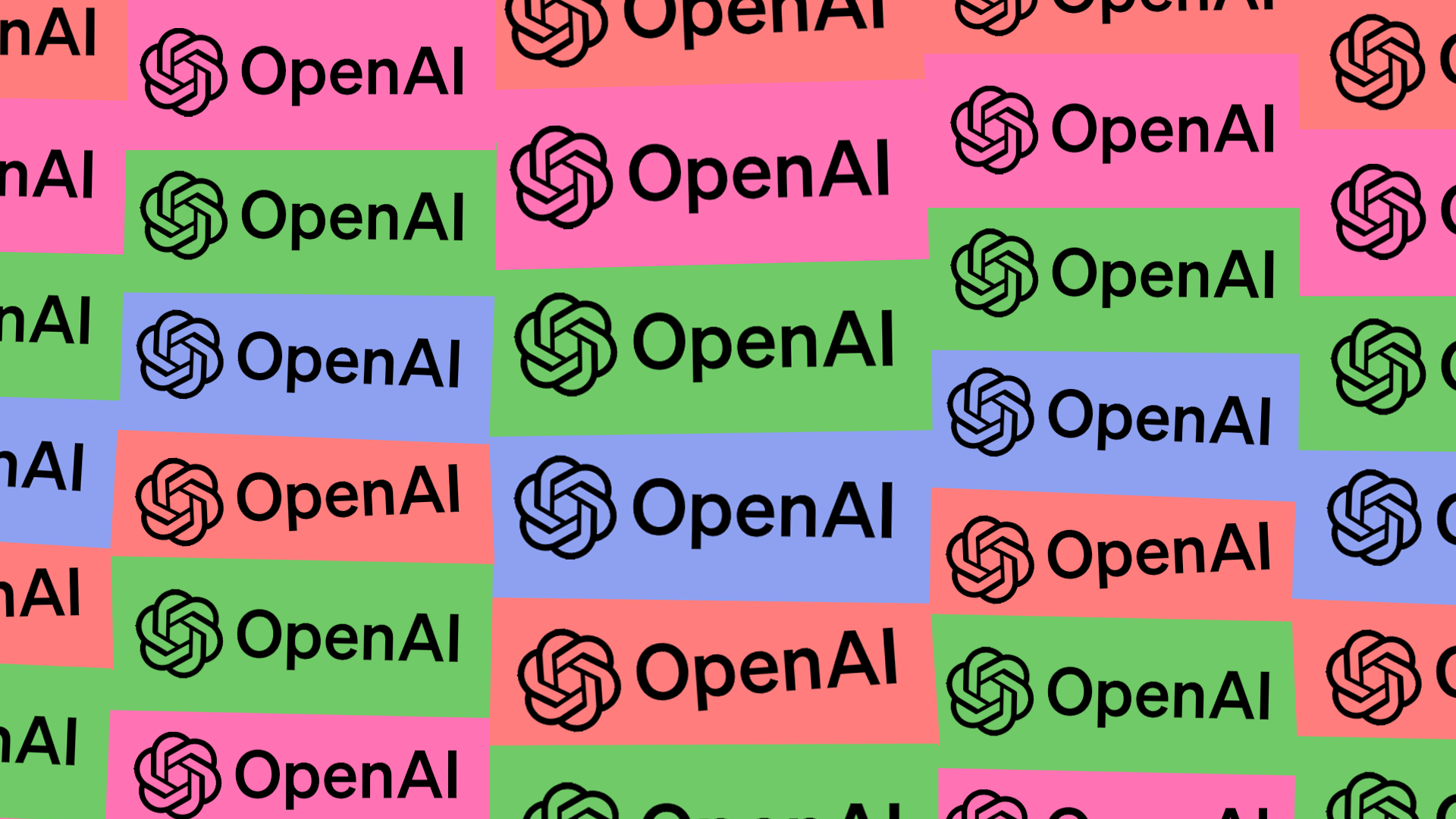Led by SoftBank, OpenAI has secured another $40 billion USD in funding as part of its latest funding round. This means the company is now estimated to be worth $300 billion USD and is the largest funding round ever for a private tech company.
OpenAI has secured another huge round of funding.
Led by SoftBank, a Japanese multinational investment holding company, the company is now worth $300 billion USD after raising an additional $40 billion USD. It is reportedly the largest funding round ever for a private tech company.
The deal includes $30 billion USD from SoftBank and an additional $10 billion USD from a conglomerate of investors.
This new funding round means that OpenAI is now the second most richly valued private company, second only to SpaceX. It’s worth noting that Elon Musk is a founder at both organisations respectively.
Other backers include Microsoft, Coatue, Altimeter, and Thrive.
In a statement, OpenAI said it will use this latest investment to ‘push the frontiers of AI research even further,’ which will include scalping up computer infrastructure. The first $10 billion USD will be immediate, with the additional $30 billion USD to be delivered by the end of this year.
However, SoftBank says its investment could be cut back to $20 billion USD if OpenAI fails to reorganise into a for-profit business by 2026. This ramps up pressure to turn the AI industry into a sustainable, long-term venture that can produce cash for shareholders.
Investors have reason to believe this is possible too, considering OpenAI reportedly has 500 million weekly users, up by one fifth in just one month. The company expects profits to triple by the end of 2025 to $12.7 billion USD.
In fact, the generative AI market is hoping to top $1 trillion USD in revenue within a decade, which may explain why every single brand imaginable is currently trying to weave AI tools into their platforms and services, even where they don’t really make much practical sense.
Big tech firms like Google and Microsoft are racing to create industry leading AI products in order to cut themselves the largest slice of the generative pie.
This intense rush to push out AI agents can often come at the cost of accuracy and reliability, as Google’s incorrect Gemini advert demonstrated back in February.


















